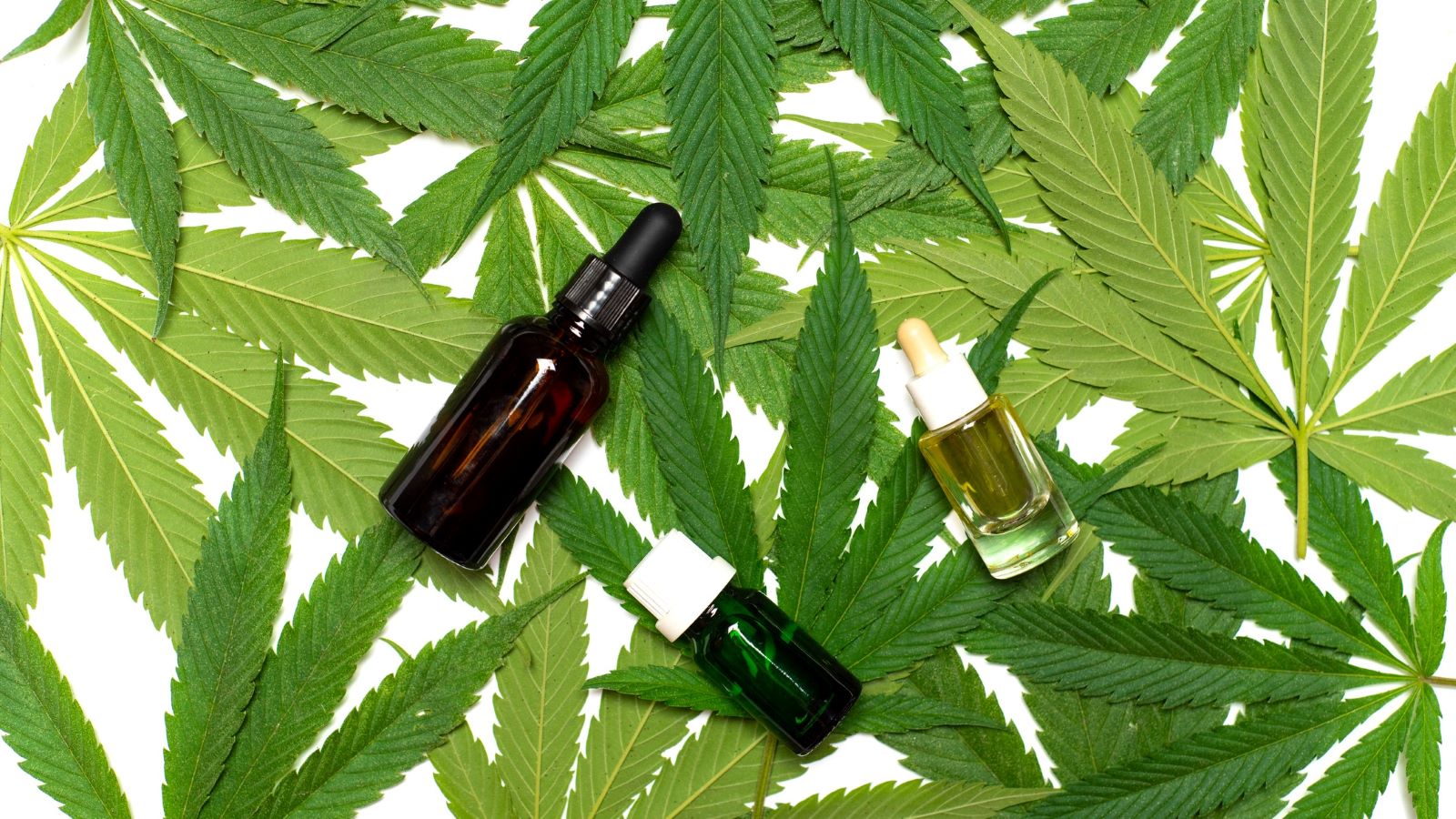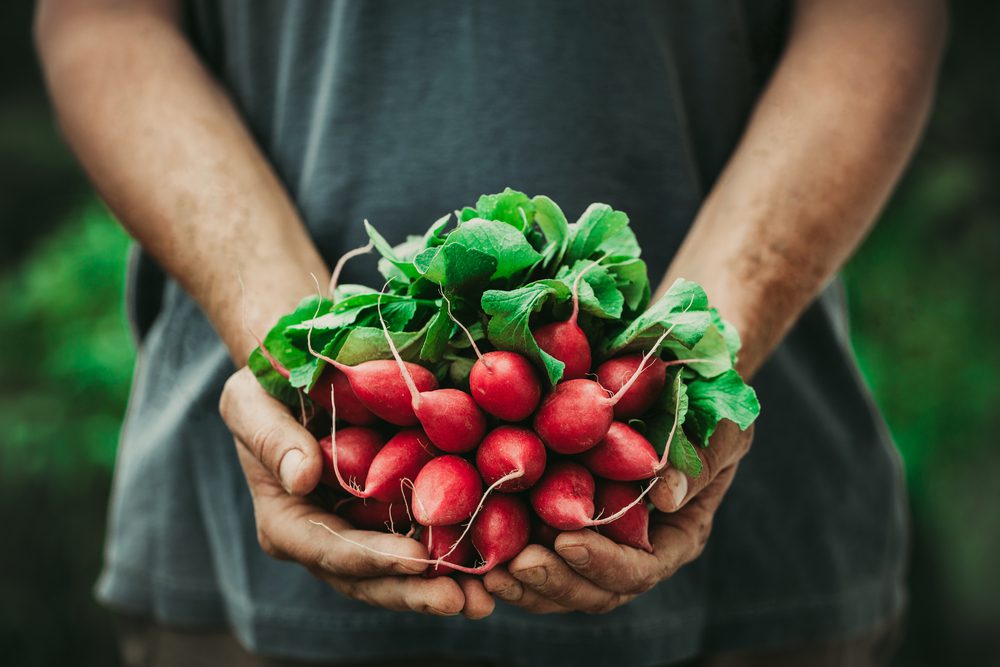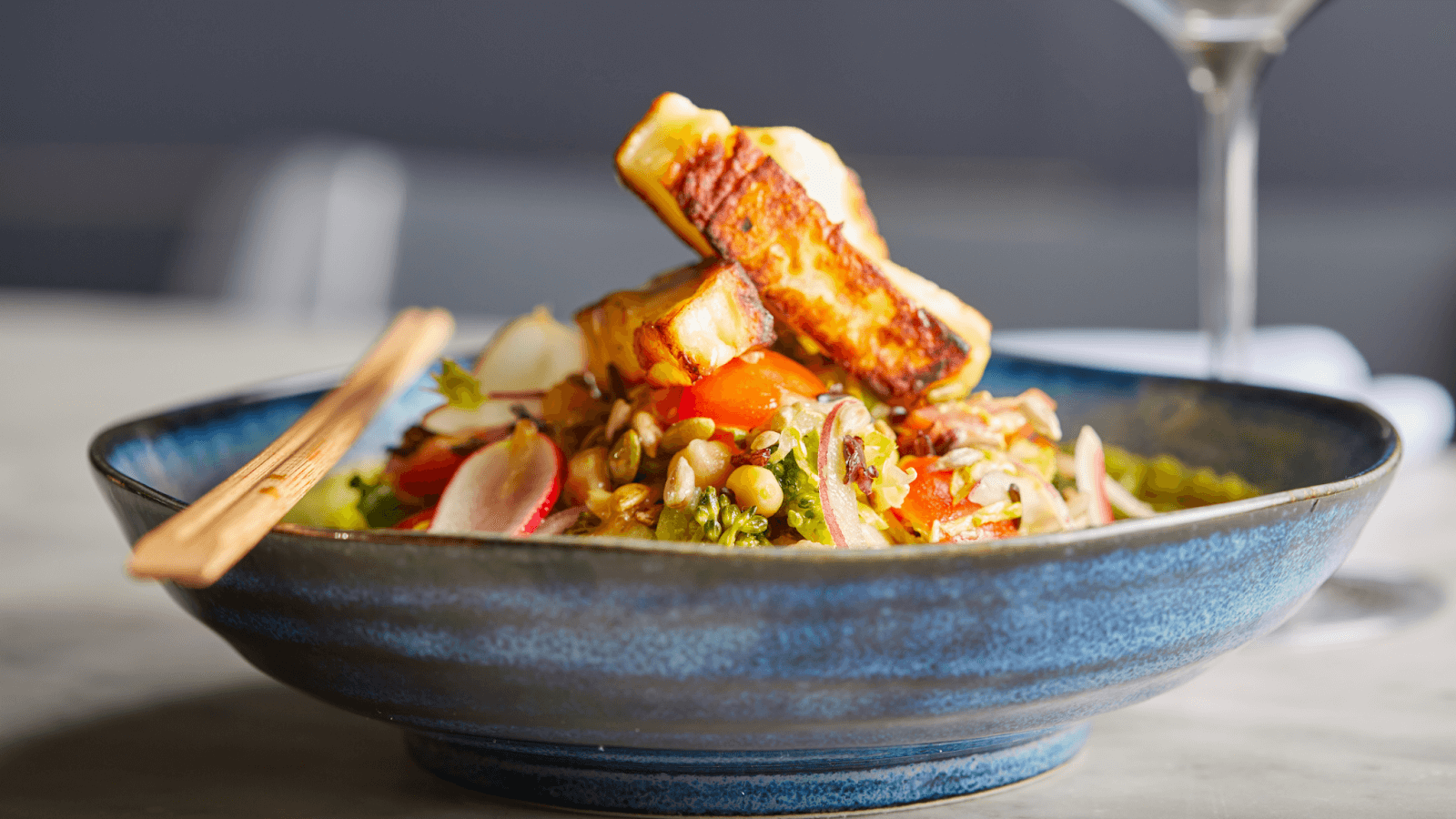Considering that communicable diseases like colds and flu are highly contagious and have no cure other than to run their course, your best bet is to prevent becoming ill in the first place.
But, even if you do get sick this season, the severity and longevity of illness is highly dependent on the strength of your immune system and your body’s ability to fight off the invading virus.
Low Immunity Sets the Stage for Sickness
Any illness, whether bacterial, fungal or viral, shows up in individuals who are “susceptible.” Making healthy lifestyle choices during cold and flu season (and all year round) will help build defenses in your body so you are not susceptible to illness.
Here are several very easy, all-natural steps you can take to strengthen your immune system and arm yourself against colds and flu today.
1. Eat Probiotic Foods
Did you know that 80% of your immune system is located in your gut? There are trillions of beneficial bacteria in your intestines that help you fight disease and absorb nutrients. Keeping this population healthy and strong is arguably your strongest defense against colds, flus and many other diseases.
Replenish your gut flora daily by incorporating wholesome fermented foods and drinks into your diet like yogurt, kefir, sauerkraut and kimchee.
Fermenting your own vegetables is far more effective and affordable than buying probiotic supplements or other mass-marked products that only claim to boost your immunity. Not only will keeping your gut flora healthy help protect you from disease, but it can also give you better digestion.
And from real ginger beer to homemade pickles, there are so many delicious ways to enjoy probiotic foods at least once a day. (My favorite book about making probiotic foods here)
2. Eat Enough Good Food
Make sure the meals you eat every day include plenty of fresh vegetables and healthy fats, and enjoy healthy snacks if you need them, so your blood sugar stays relatively even throughout the day. It takes calories (energy) to form antibodies and dispatch them to the front lines when germs invade. When your calorie intake dwindles because you don’t eat enough or you skip meals, your body prioritizes other functions while your immune system is left to operate at a deficit.
But you don’t want to eat just anything! The nutrition that you get from whole fruits and vegetables is outstanding for preventing illness. Many vitamins, including vitamin C, are antioxidants that will protect cells—including those of your immune system—from damage by toxins in the environment.
Dark-colored produce (berries, kale, broccoli) tends to be higher in flavonoids, polyphenols and other antioxidants. Just make sure you eat a little saturated fat from butter or coconut oil with those veggies, so you can absorb all their nutrients.
3. Get Enough Sleep
Whatever amount of sleep you need to feel refreshed in the morning, whether that’s 6 hours or 10—make sure you get it! Insufficient sleep depresses the immune system, opening the door to colds, upper-respiratory infections, and other nagging ills. Also consider your caffeine intake, and don’t let it keep you from getting a good night’s sleep.
If you have a constricted airway that prevents you from sleeping deeply, Breathe-Right strips on your nose can be very helpful. If you have insomnia (which I often do), then a little warm cow’s milk (which provides tryptophan, a relaxing amino acid) or some magnesium drink can quickly and gently ensure you get a good night of rest.
4. Eat More Soup
Your immune cells rely on an amino acid called glutamine to do their jobs. “Glutamine comes from protein foods, and if you’re not eating enough of those, your body will borrow from skeletal muscle, especially if you’re working out,” says Jose Antonio, Ph.D., C.S.C.S., CEO of the International Society of Sports Nutrition. In one study, marathon runners who took glutamine instead of a placebo had less chance of experiencing an upper-respiratory infection after racing.
Broths and stocks made from grassfed beef or pasture-raised chicken are outstanding sources of natural glutamine, and adding a cup a day to your diet can really boost your immune health—just like Grandma always said.
But if you are an athlete, you may need to supplement with more. After exercising, try taking either an extra cup or two of broth, or 5 to 15 grams of L-Glutamine in pill or powder form to help with recovery. Your white blood cells (and your muscles) will thank you.
5. Get Plenty of Sunshine
The majority of adults and children in the U.S. are deficient in the sunshine vitamin, putting them at greater risk for all infections. A number of recent medical trials have demonstrated that individuals with the lowest levels of vitamin D had the highest rates of serious illness and infections.
A light-skinned person can get all the Vitamin D they need by exposing the face, arms, and hands to five minutes of sun at noon two to three times a week at a latitude of Boston, Massachusetts during spring, summer, or fall. Darker-skinned people may require 3–10 times as much exposure under the same sunlight conditions.
During winter, Vitamin D is stored for months, mainly in the liver and the fatty tissues, but good dietary sources include good old fashioned cod liver oil (my favorite, least processed brand here), grassfed beef liver, egg yolks from pasture-raised chickens, and fatty fish like wild-caught salmon (not farmed).
You can also take Vitamin D supplements, but studies show that without sufficient Magnesium in the body, Vitamin D supplementation is totally ineffective, and taking high doses can actually be quite harmful.
Just get some sun; it’s free and it works perfectly.
6. Eat Mushrooms
You can try shitake, maitake or other Asian mushrooms, but even the inexpensive and humble button mushroom is loaded with polysaccharides called beta glucans. Numerous medical studies have shown that beta glucans can positively modulate and strengthen the immune system and prevent infections. You’ll want to eat those mushrooms raw and unwashed to get the most out of them.
In addition to finding it in all types of delicious, fresh mushrooms, you can also buy Beta Glucans as a supplement to take during cold and flu season.
7. Harness the Power of Plants
Thieves’ Oil
Thieves’ oil is a legendary and ancient blend of the essential oils of clove, cinnamon, lemon, rosemary and eucalyptus. Thieves’ blend has been clinically tested and proven to be more than 99% effective against airborne bacteria (study conducted at Weber State University, 1997). It has been used to treat everything from candida and bacterial infections to toxic mold to colds and flu.
It can be used as a spray on countertops to kill germs or diffused in an oil diffuser to kill airborne bacteria. Some people mix a few drops of Thieves with olive or coconut oil and rub it into their chest, throat and bottoms of feet to treat a cold or boost immunity all winter long. Here’s how to make Thieve’s oil at home.
Fire Cider
Fire cider is a traditional folk remedy infused with powerful anti-microbial, decongestant, and circulatory herbs and spices.
The base ingredients are apple cider vinegar, garlic, onion, ginger, horseradish, and hot peppers, which are mighty by themselves, but there are plenty of other herbs that can be added for extra strength, depending on what’s available to you.
Fire cider needs to steep in a dark cupboard for a month to extract all the goodness from the ingredients. After it is done brewing, adding a tablespoon of this to your diet every day can help boost your immune system, stimulate digestion, and warm you up on cold days. Here’s the recipe to make fire cider.
Hand Sanitizer
It goes without saying that you should wash your hands often during cold and flu season, especially if you are around anyone who is sick. But when you’re unable to wash your hands, a hand sanitizer is better than nothing at all.
Unfortunately, commercial hand sanitizers are filled with toxic chemicals like triclosan and phthalates that have been linked with cancer, neurotoxicity and endocrine disruption.
Instead, you can make your own natural version very easily, with a high-concentration of germ-killing tea tree oil and other antibacterial botanicals.
8. Drink Plenty of Water
Even overnight, during what amounts to an 8-hour fast, your immune reserves are being drained. Hydration becomes even more important when you’re sick. Fluids not only transport nutrients to the illness site, but also take toxins away for disposal. Green, rooibos, or herbal tea is another immune-friendly vehicle for consuming water.
You don’t want to drink too much water though! There is too much of a good thing here. It’s important not to dilute and wash out the important minerals and electrolytes your body needs to remain healthy.
To gauge if you are getting the right amount of water, your urine should always be straw colored or darker. If it is clear, you are drinking too much water and slowing your metabolism down!
9. Steam Some Oysters
Oysters are the richest source of zinc, which is essential for immune cell function, and many studies have shown that even a mild deficiency depresses immunity. If you’re not a fan of bivalves, grab a grass-fed burger: Beef and buffalo are other good sources of zinc.
You can also get zinc from pumpkin seeds, which is the highest plant source of the mineral, but you’ll need to eat 3 whole cups of them to get the same amount of zinc that is in just 2 oysters!
Most people are low in zinc, so you might consider supplementing with zinc gluconate during cold and flu season. Just know that zinc is not very well absorbed in pill form, so it’s best to get it from food whenever possible.
10. Quit the Sugar
If you do only one thing when you feel like you’re coming down with something, eliminating sugar will do the most good. Refined sugar dramatically decreases immune function. Many scientists and nutritionists consider added sugar in any form to be a drug because of its negative impact on the human body. I have known health practitioners to prioritize eliminating refined sugar from the diet over recommending that people quitting smoking!
Healthier sweeteners such as honey or stevia can be used in moderation, but avoid artificial sweeteners like Splenda or Equal; they are even more toxic than cane sugar!
Most importantly, if you are feeling like you’re “fighting off a bug” or “coming down with something,” avoid sugar and sweet foods until you feel better. In my experience, sugar is enough of an immune depressant that eating sweets of any kind when you are a little under the weather will likely tip the scales against you, and bring on that cold or flu full strength.












